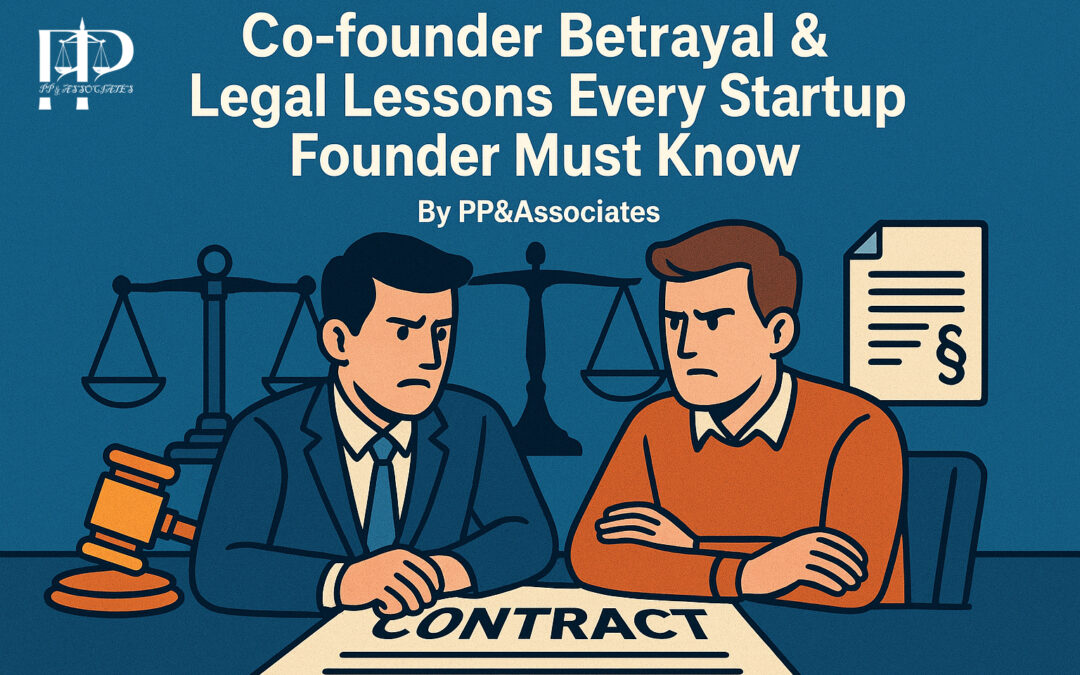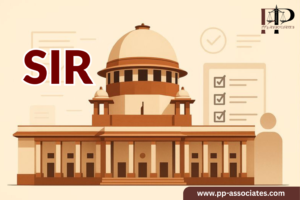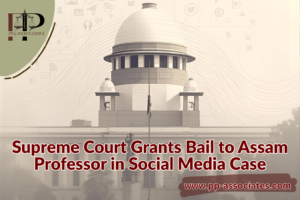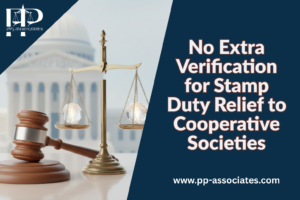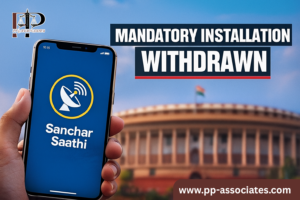Sam Altman once said, “A founder’s job is to protect the company from anything that might kill it.” In the startup ecosystem, the greatest danger is often not external competition or lack of funding, but the person sitting right next to you—the co-founder. Time and again, I have seen brilliant ideas wither, promising companies collapse, and billion-dollar opportunities disappear, not because of poor markets, but because of disputes between those who built the company together.
The romance of entrepreneurship begins with vision and camaraderie, but without legal foresight, this partnership can become the single largest liability of a young business. Equity given away too freely, intellectual property left in personal names, boards structured without balance, exits left undefined—each of these gaps has destroyed startups long before competition or customers had a chance to.
One of the most common mistakes is the absence of equity vesting. Equity is not a badge of friendship; it is the legal embodiment of ownership and control. I have witnessed ventures where a co-founder walked away within a year yet retained a significant stake, leaving the remaining founder to shoulder the burden alone while investors grew wary of a cap table anchored by “dead weight.” The law in India permits mechanisms like sweat equity and ESOP-style structures under the Companies Act, 2013, and founders should not hesitate to embed vesting schedules—typically four years with a one-year cliff—to ensure equity is truly earned through contribution. Snapchat’s settlement with an early co-founder who claimed equity, ultimately costing over $150 million, is a sobering reminder of how costly this oversight can be.
Equally critical is intellectual property. Code, designs, pitch decks, brand names, even domain registrations—these must belong to the company, not to individuals. Indian law is clear: under the Copyright Act, the author is the first owner unless the work is assigned; under the Patents Act, the inventor retains ownership unless assigned; and under the Trademarks Act, registrations vest with the applicant. When IP sits in personal hands, it can walk away along with a disgruntled co-founder or contractor. I have seen mobility ventures, SaaS platforms, and e-commerce startups suffer years of litigation over code ownership that could have been resolved with a simple IP assignment agreement at incorporation. The famous dispute between Facebook and ConnectU, ending in a multimillion-dollar settlement, illustrates how IP confusion in the earliest days of a venture can echo for decades.
Even when ownership is clear, governance can falter. Equal shareholding without a mechanism for breaking deadlocks is an invitation to paralysis. Board meetings that end without resolutions, budgets that stall, and hiring decisions that remain suspended because founders are split down the middle can be more destructive than any competitor. Indian law allows for tie-breaker mechanisms in the Articles of Association, including independent directors, chairperson casting votes, or contractual buy-sell clauses under the Contract Act. Housing.com’s unraveling amidst boardroom disputes is a stark lesson in what happens when deadlock clauses are absent.
Another blind spot is idea theft. Founders often share pitch decks, prototypes, or business plans with mentors, potential investors, or even friends without protective covenants. While ideas themselves are not patentable, confidentiality can and should be protected. NDAs, confidentiality statements in emails, and access protocols are basic hygiene. The lawsuit Tesla initiated against a rival for trade secret misappropriation is a reminder that the line between “collaboration” and “competition” can vanish overnight.
Control, too, is often misunderstood. Many founders obsess over ownership percentages, believing equity equals control. It rarely does. In law, control rests with the board of directors and the affirmative voting rights embedded in the company’s constitutional documents. Articles of Association and Shareholders’ Agreements must spell out reserved matters—fundraising, debt, IP licensing, acquisitions—requiring supermajority or founder consent. The downfall of WeWork’s Adam Neumann is the best illustration: despite holding equity, he lost control when the board turned against him.
Perhaps the most emotionally charged omission is the absence of exit clauses. Founders hesitate to discuss exits at the beginning, fearing it signals mistrust. In reality, pre-agreed exit mechanisms—good leaver/bad leaver provisions, drag-along and tag-along rights, buyback arrangements—are what save companies from implosion. Without them, departures become hostile, acquisitions turn messy, and investor confidence evaporates. Flipkart’s founder’s exit during Walmart’s takeover highlighted how unstructured exits can overshadow even the most successful ventures.
Founders must also remember that they are not above contracts. Even they should have formal employment agreements with their own company, spelling out roles, remuneration, confidentiality, and non-solicitation. This not only ensures clarity but also shields the company against future claims of unpaid services or ownership. In India, while non-competes post-employment are generally unenforceable under Section 27 of the Contract Act, confidentiality and non-solicit provisions remain strong protections.
When disputes do arise, the court should be the last resort. Litigation is slow, expensive, and public. Arbitration and mediation offer confidentiality, speed, and enforceability. The Arbitration and Conciliation Act, 1996, allows parties to resolve disputes quickly, even providing for emergency arbitration under institutional rules. The Amazon–Future Group battle has shown the decisive power of arbitration clauses in billion-dollar disputes. Every startup agreement—SHA, employment, NDA, vendor contract—should embed arbitration, with a clear seat, language, and number of arbitrators.
Finally, the most overlooked discipline: cap table hygiene. Investors care less about the product than they do about ownership clarity. Messy records—oral agreements with angels, undocumented ESOP promises, or unfiled share allotments—can destroy credibility and funding opportunities. The Companies Act requires proper registers, filings, and returns, and investors will demand nothing less. Zomato’s smooth IPO process was a product of its transparent governance, while other startups have stumbled simply because their ownership records could not withstand diligence.
The conclusion is blunt but essential: startups fail more often from internal fractures than external pressures. Equity without vesting, IP without assignment, boards without checks, exits without structure, disputes without arbitration, and cap tables without clarity are silent killers. Legal foresight is not about mistrust—it is about ensuring the company survives to see its vision realized.
Trust builds relationships, but contracts protect companies. Every founder must be both the dreamer who builds and the protector who ensures that dream endures beyond co-founder betrayal, investor pressures, and the turbulence of growth. In the end, survival belongs not to the most innovative but to the most prepared.

